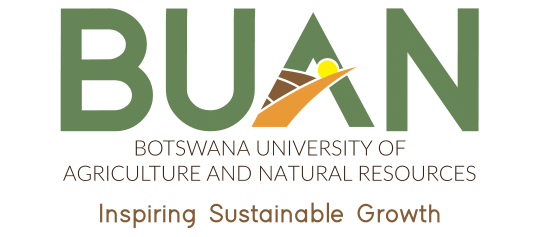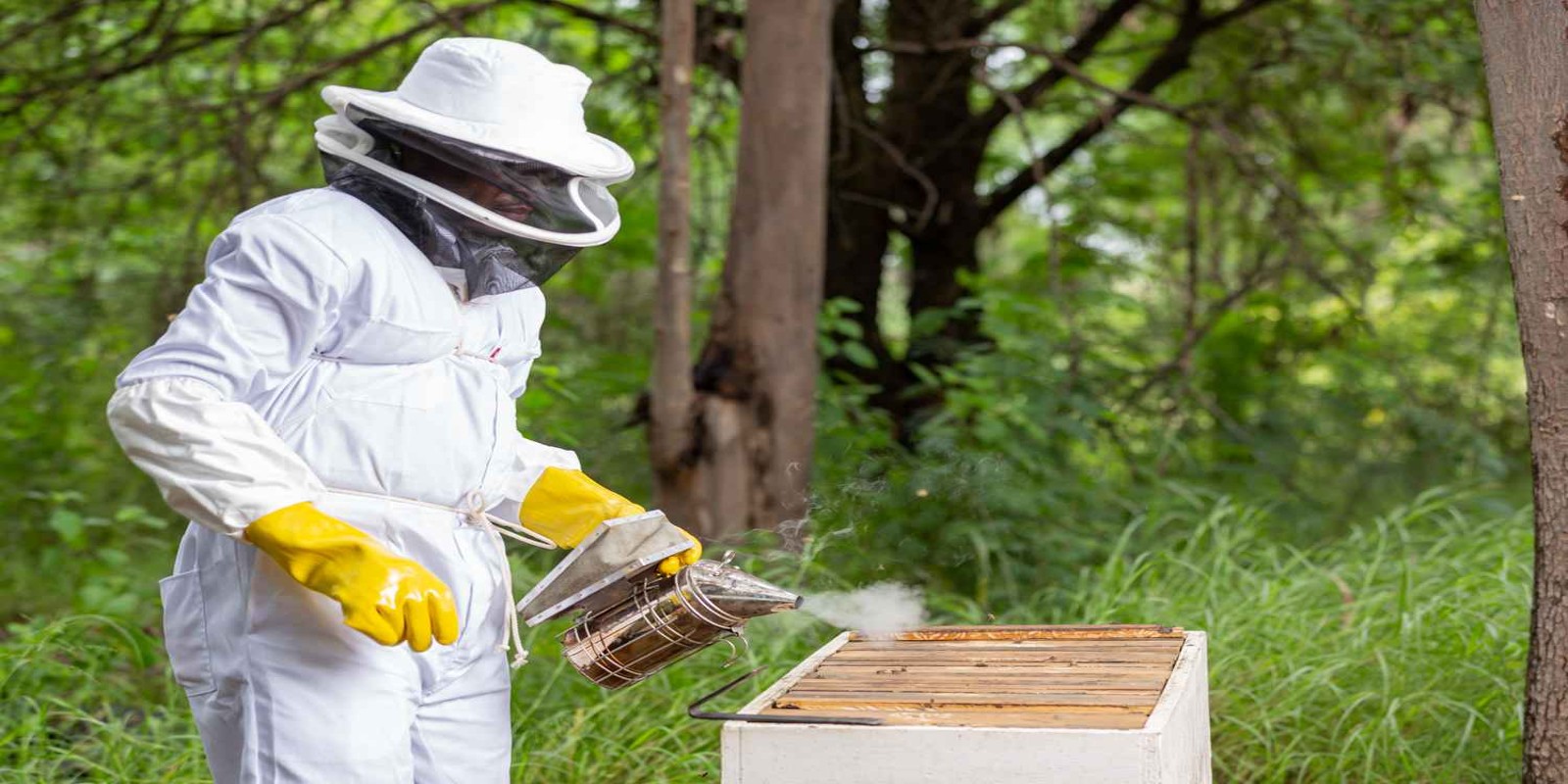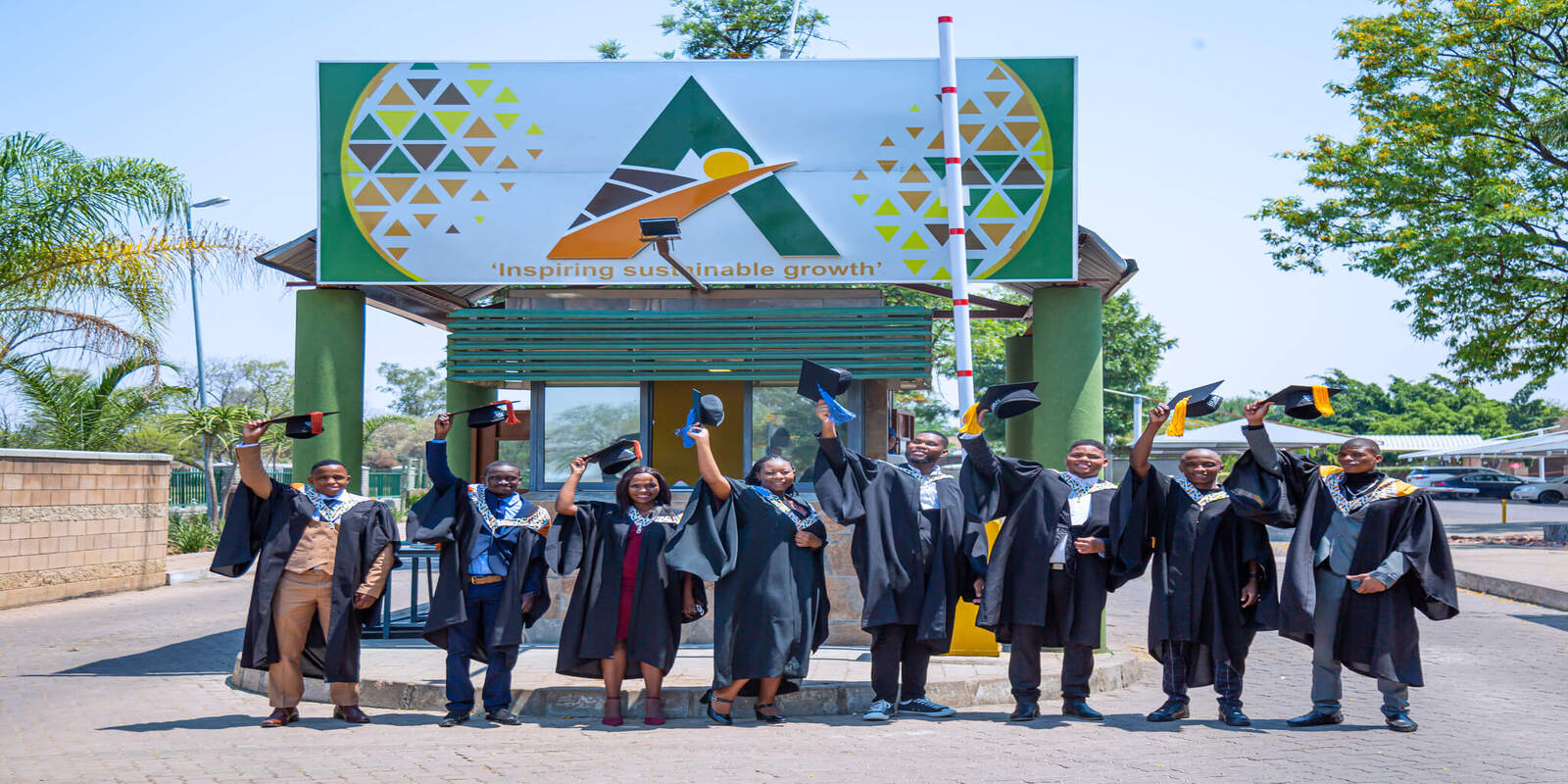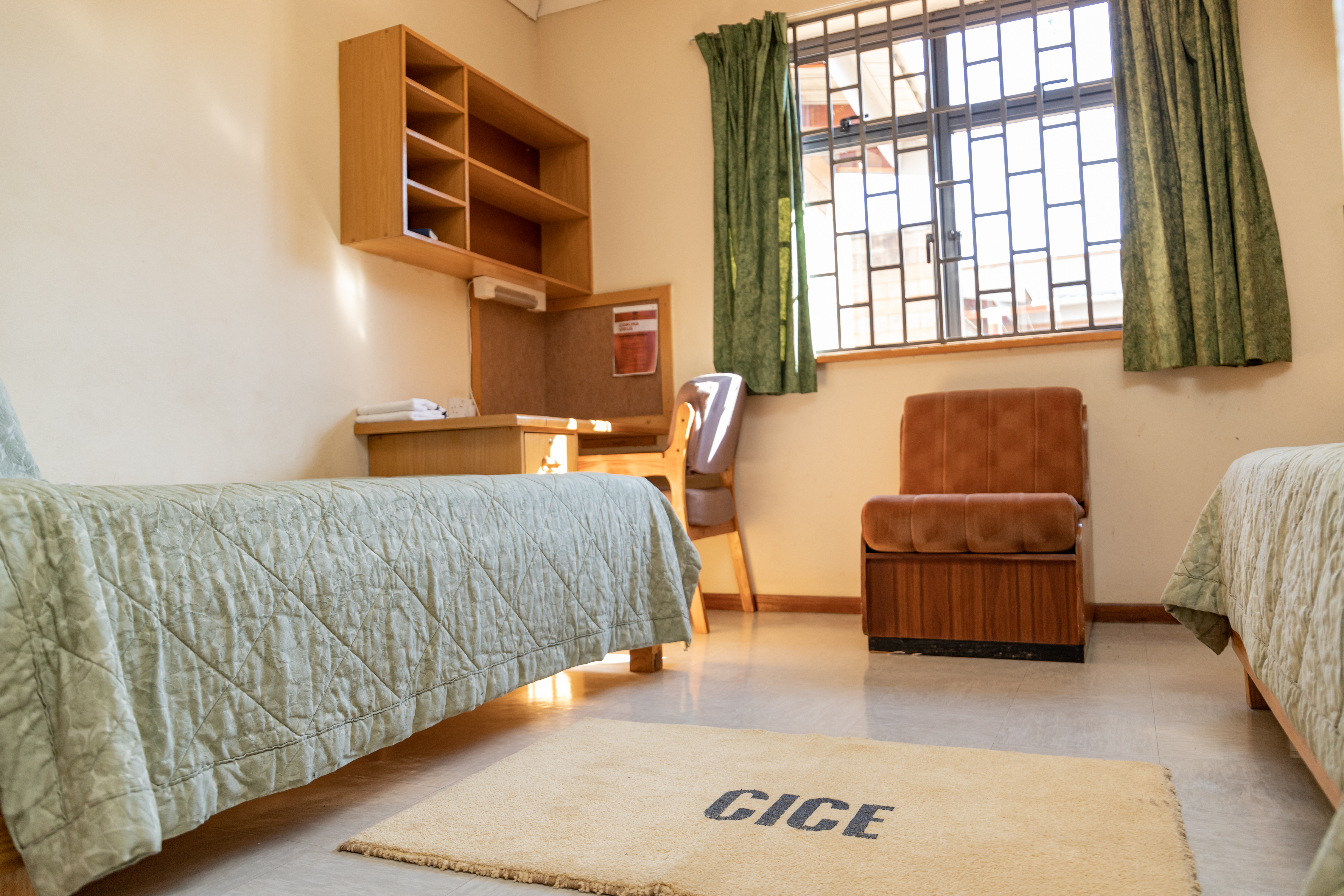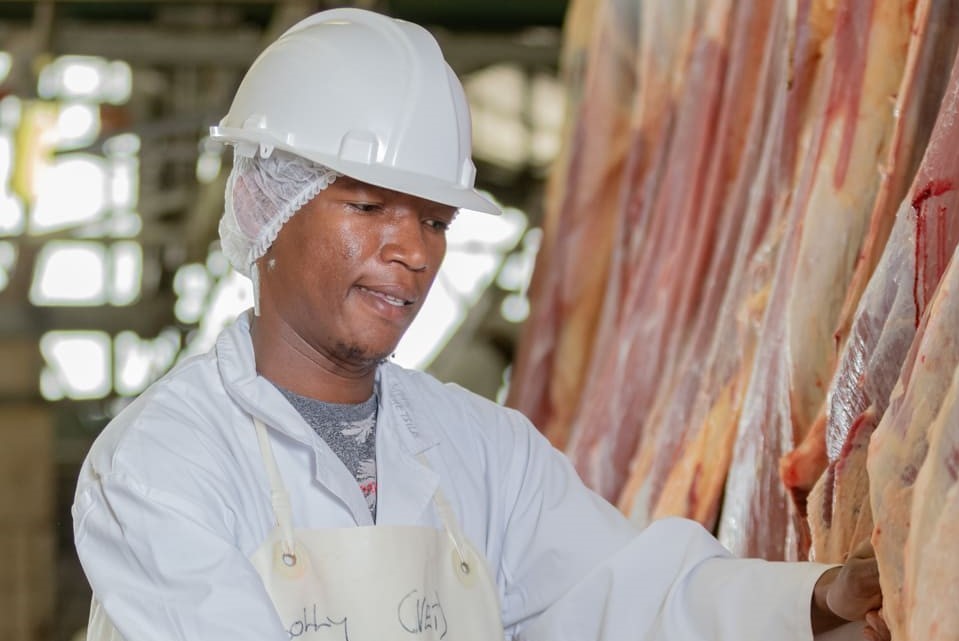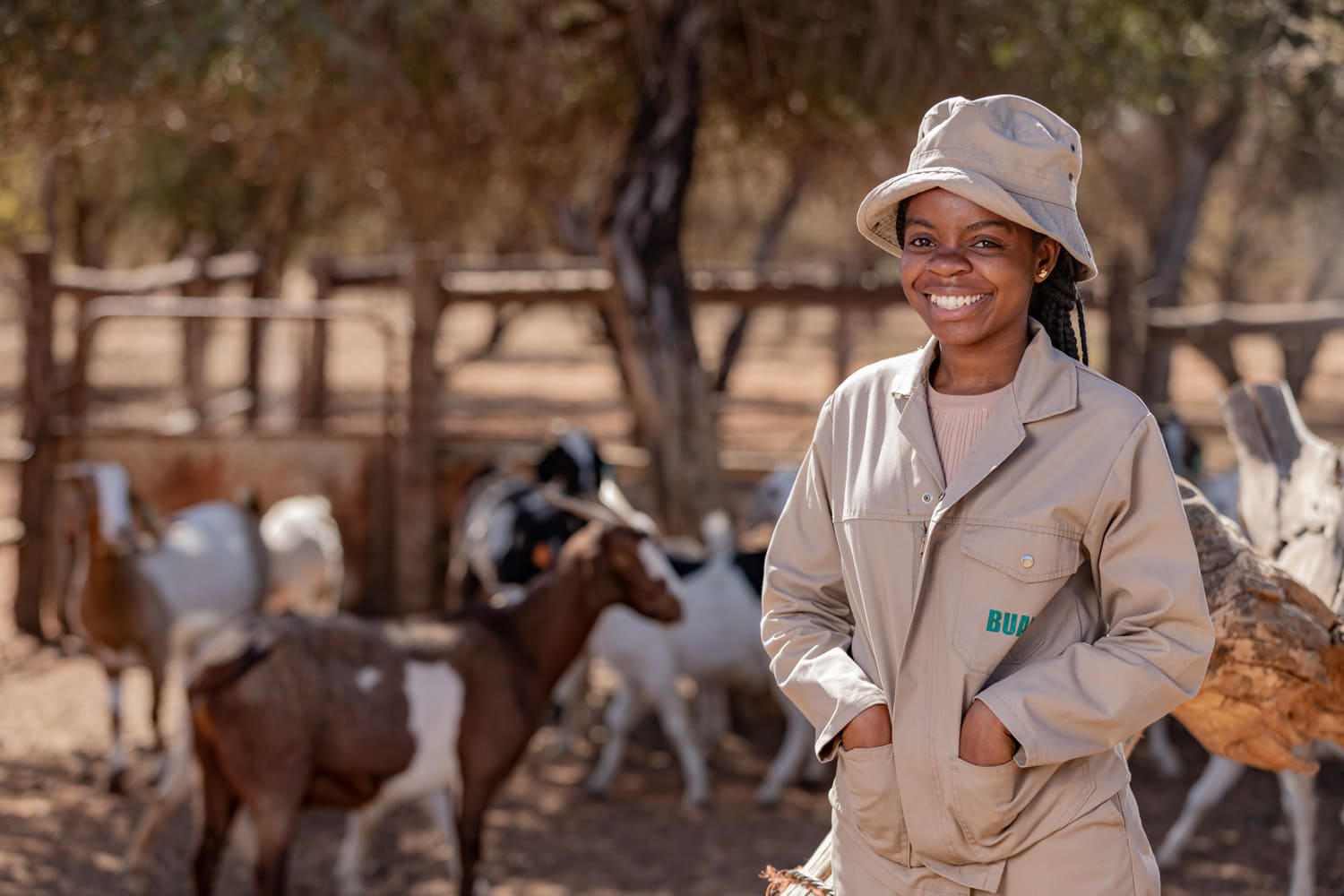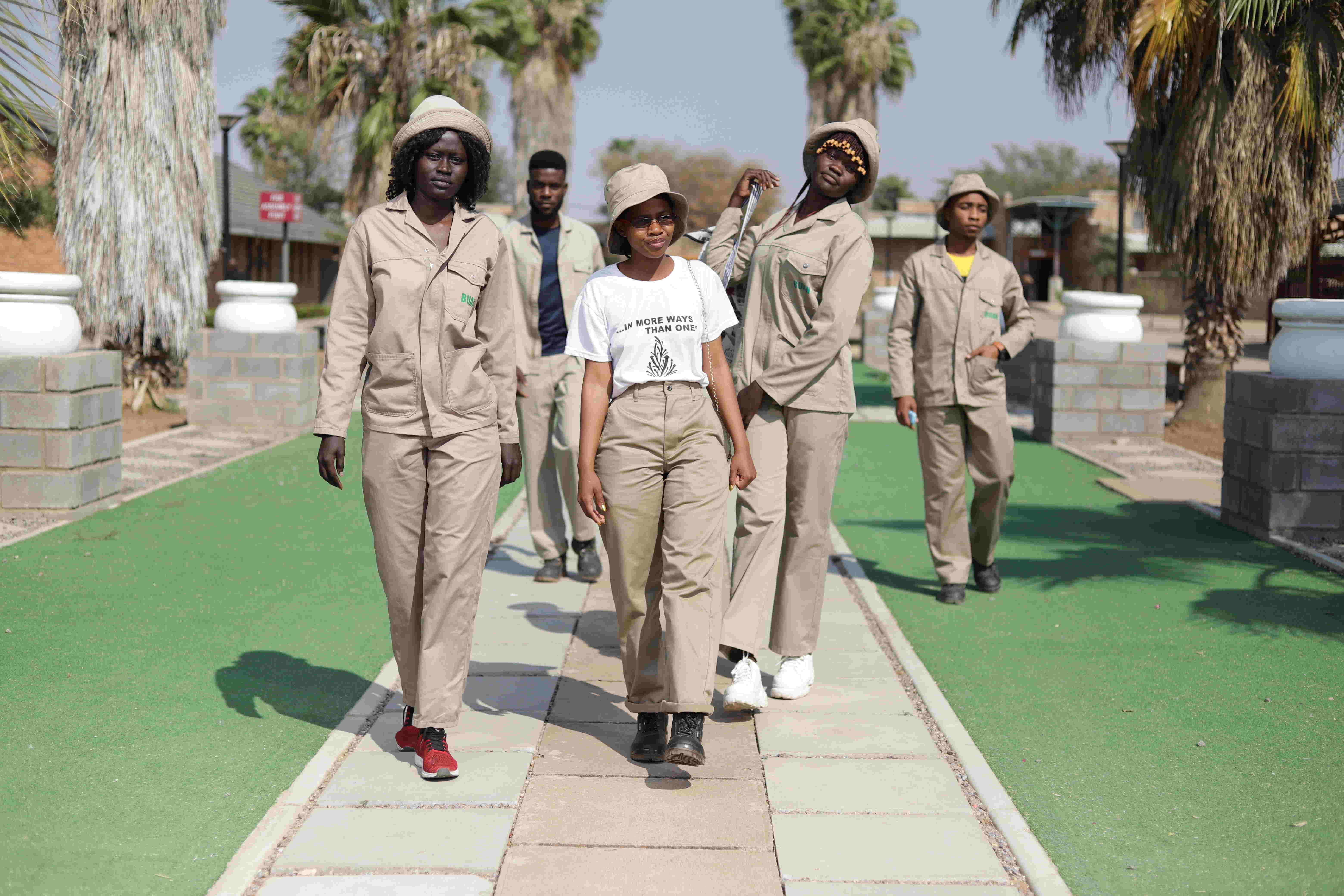BUAN PhD Candidate Ms Kelebonye Ramolekwa Recognised with Prestigious L’Oréal–UNESCO For Women in Science Award
27 Jan, 2026
Botswana University of Agriculture and Natural Resources (BUAN) PhD candidate, Ms Kelebonye Kelly Ramolekwa, has attained an exceptional international distinction after being recognised at the 16th edition of the L’Oréal–UNESCO For Women in Science Young Talents Sub-Saharan Africa Awards. This globally respected programme, jointly led by L’Oréal and UNESCO, is dedicated to identifying, supporting, and empowering outstanding women scientists whose research addresses critical scientific and societal challenges. The For Women in Science initiative is widely regarded as one of the most prestigious platforms for advancing gender equity in science. It plays a pivotal role in strengthening scientific excellence across Africa by providing promising women researchers with financial support, international visibility, and access to leadership and professional development opportunities. Selection into the programme is highly competitive, reflecting the scientific merit, innovation, and potential impact of the recipients’ research. Ms Ramolekwa was selected as one of only 25 awardees from 18 Sub-Saharan African countries, emerging from a competitive pool of more than 550 applicants. As part of this recognition, she received a €10,000 research grant, in addition to specialised training in leadership, scientific communication, and career development. These opportunities are designed to equip young women scientists with the skills necessary to influence policy, lead research initiatives, and contribute meaningfully to national and continental development agendas. The award supports Ms Ramolekwa’s doctoral research, which focuses on enhancing yield potential and improving the nutritional quality of advanced cowpea lines an area of strategic importance for sustainable agriculture, food security, and nutrition in Africa. Her research is conducted under the supervision of Dr Motlalepula Tait, Dr LeKgari Lekgari, Professor Samodimo Ngwako, and Dr Goitseone Malambane. In recognition of the excellence, relevance, and broader societal impact of her work, Ms Ramolekwa was nominated as the Southern African representative and selected as one of the principal speakers at the intergovernmental Pan-African Panel discussions. Participation in these high-level forums provides a critical platform for engaging with policymakers, development partners, and scientific leaders, enabling her to contribute to continental dialogue on science-driven solutions for agricultural development and food security. This achievement not only reflects Ms Ramolekwa’s academic excellence and leadership potential, but also underscores BUAN’s commitment to producing globally competitive researchers whose work contributes to Africa’s sustainable development and scientific advancement.
BUAN Supports the Tourism industry
22 Jan, 2026
BUAN’s participation in the Tourism Pitso under the theme “Tourism as a Catalyst for Economic Transformation and Sustainable Growth Through Partnerships” underscores the University’s strategic role in shaping the future of Botswana’s tourism sector. As a centre of excellence in agriculture, natural resources, and environmental sciences, BUAN is uniquely positioned to support tourism development that is both economically viable and environmentally sustainable. Tourism in Botswana is deeply linked to natural ecosystems, wildlife, landscapes, food systems, and rural livelihoods, areas that form the core of BUAN’s academic and research mandate. Through research and innovation, BUAN generates evidence-based solutions that support sustainable land use, biodiversity conservation, climate resilience, and natural resource management. These research outputs are critical for informing tourism policies and practices that balance economic growth with environmental protection, ensuring that tourism development does not compromise the very resources on which it depends. BUAN also plays a key role in human capital development by training professionals with the skills required to support a modern tourism industry. This includes expertise in environmental management, agro-tourism, eco-tourism, food and hospitality systems, climate-smart practices, and community-based tourism models. By producing graduates who understand sustainability, resource efficiency, and innovation, BUAN contributes to a skilled workforce that can drive transformation across the tourism value chain. In addition, BUAN supports community engagement and inclusive growth by promoting tourism models that integrate local communities, farmers, and rural enterprises into the tourism economy. Through extension services, applied research, and partnerships, the University helps communities participate meaningfully in tourism through agri-tourism, cultural heritage initiatives, local food supply chains, and conservation-based enterprises. Partnerships are central to BUAN’s contribution to the sector. By collaborating with government, the private sector, communities, and regional and international institutions, BUAN strengthens knowledge exchange, policy development, and innovation. The Tourism Pitso provides a valuable platform for building these partnerships and aligning academic expertise with national tourism priorities. BUAN’s involvement in the Tourism Pitso therefore reflects its commitment to positioning tourism as a driver of economic diversification, sustainable development, and inclusive growth, while safeguarding Botswana’s natural and cultural heritage for future generations.
OMPHILE BAYANI A YOUNG VIBRANT GAME CHANGER IN THE AGRICULTURAL INDUSTRY
16 Jan, 2026
Omphile Bayani, a young agricultural economist based in Gaborone, Botswana, is steadily emerging as one of the country’s most promising agribusiness innovators. A graduate of the Botswana University of Agriculture and Natural Resources (BUAN), he began his journey within the university’s incubation programme, Incuhive, where he gained practical exposure to enterprise development and hands-on agricultural practice. This early experience ignited a commitment to strengthening Botswana’s food value chains, advancing financial inclusion in agriculture, and positioning the country as a centre of agricultural innovation in Southern Africa. Bayani is the founder of two complementary ventures: TemoRise, a youth-centred agribusiness empowerment platform, and Asset Peak Foods, a food innovation startup currently developing Botswana’s first canned Seswaa (pounded meat) and canned chicken stew. Both initiatives address challenges at community, institutional, and national levels, with a shared mission of expanding opportunities for youth, supporting agri-entrepreneurs, and promoting food security through value addition. The inspiration for Asset Peak Foods stemmed from a clear observation of the country’s longstanding reliance on exporting raw beef, despite Botswana’s reputation for world-class livestock. Significant value was being lost by not processing traditional foods at scale, and Bayani identified an opportunity to merge cultural heritage with modern food technology. By developing a canned version of Seswaa-Botswana’s national dish, he sought to preserve cultural identity while creating an export-ready, shelf-stable product capable of meeting global food safety standards. In parallel, the development of a canned chicken stew aimed to expand protein preservation options and diversify locally processed foods. TemoRise was conceived to address a different but related gap: the need for agricultural and financial literacy among young people entering the sector. Through TemoRise, Bayani conceptualized the Agri-Finance Summit, a national platform designed to connect farmers, financiers, and policymakers. Although originally scheduled for 2025, the summit has been deferred to 2026 due to budget limitations. Preparatory work continues, supported by partnerships with Business Botswana and ongoing sponsorship discussions. The platform, together with the Agri-Finance Webinar Series, is intended to bridge long-standing disconnects in the agricultural finance ecosystem. The process of implementing these ideas required strategic action and collaboration. Bayani conducted field and market research to understand consumer preferences and packaging requirements for long-shelf-life protein foods. He financed prototype development himself, a decision that established early credibility and demonstrated resilience. NARDI provided technical support, while BUAN helped showcase the products and publicly endorsed the Agri-Finance Summit to help in creating awareness about his product with the hope of attracting investors . Business Botswana has also strengthened private-sector participation through its partnership with TemoRise, contributing to investor confidence and industry engagement. Collectively, these alliances helped transform initial concepts into structured, forward-moving projects. "Progress was not without challenges," He said. Limited access to startup capital, high packaging costs, and a lack of processing infrastructure required Bayani to adopt a lean startup approach. By prioritizing prototype development and small-scale testing, he managed to advance the ventures without external funding. Institutional support, visibility from exhibitions, and strong networking efforts helped overcome initial barriers and position both TemoRise and Asset Peak Foods for future growth. Despite still being in development, the impact of these initiatives is already visible. Asset Peak Foods has successfully produced prototype samples of Botswana’s first canned Seswaa and canned chicken stew, proving the feasibility of commercializing traditional dishes through modern preservation methods. Interest from retailers, farmers, and potential investors continues to grow, signalling strong market potential. Meanwhile, the forthcoming Agri-Finance Summit is expected to enhance access to capital for young farmers, promote investment readiness, and strengthen collaboration between the public and private sectors. These efforts align closely with Botswana’s national objectives of economic diversification, agricultural transformation, and reduced dependency on diamond revenues. The wider influence of Bayani’s work extends beyond product and platform development. His persistence has inspired young graduates and early career farmers to pursue agribusiness innovation with renewed confidence. The potential commercialization of canned Seswaa is poised to create employment opportunities, strengthen supply chains, and stimulate domestic food manufacturing. Similarly, TemoRise’s financial literacy and capacity-building initiatives equip youth with knowledge to build scalable enterprises, contributing to long-term livelihood improvements. There have been unintended but positive outcomes as well. Bayani’s visibility has triggered increased interest from institutions seeking to support youth-led food innovation. At the same time, the attention has highlighted the need for more tailored financing mechanisms for small-scale processors, as current models often disadvantage early-stage ventures that lack collateral but demonstrate high potential impact. The path taken by Bayani offers several key lessons. The development of value-added agricultural products requires patience, rigorous testing, and adaptability, particularly when introducing traditional foods into modern markets. Mobilizing financial support for innovative youth-driven initiatives remains a challenge, as illustrated by the postponement of the Agri-Finance Summit. However, the experience also underscores the strength of partnerships and the necessity of corporate sponsorship in advancing national agricultural dialogues. Most importantly, the process has demonstrated the power of cultural heritage as an economic asset. By transforming Seswaa into a globally marketable product, Bayani has shown that Botswana’s identity can be preserved and celebrated while contributing to economic diversification. Looking ahead, scaling these projects will require significant investment and institutional backing. Full commercial production of canned Seswaa and chicken stew will necessitate capital for certified processing facilities, acquisition of canning machinery, and adherence to standards set by BOBS and international safety bodies. Further collaboration with research institutions will be crucial for advanced testing, nutritional profiling, and export preparation. Expanding market access through government programmes and retail partnerships will strengthen distribution networks, both locally and regionally. Additionally, youth enterprise financing models must evolve to recognize innovation and national relevance rather than relying solely on collateral-based assessments. The story of Omphile Bayani reflects the promise and potential of Botswana’s next generation of agricultural leaders. With the right combination of support, investment, and institutional collaboration, his work has the capacity to contribute significantly to Botswana’s agricultural transformation rooted in tradition, driven by innovation, and powered by youth.
